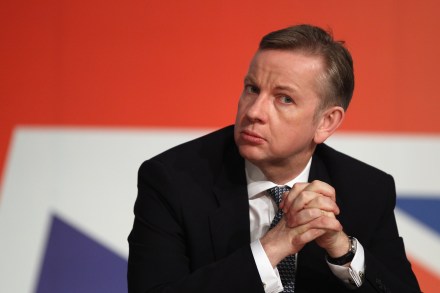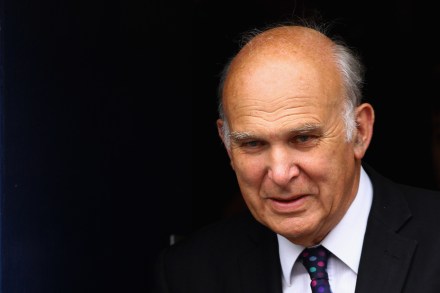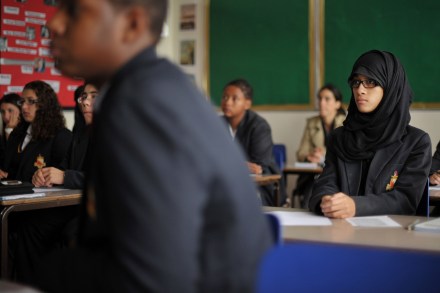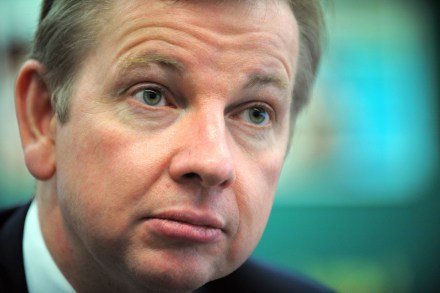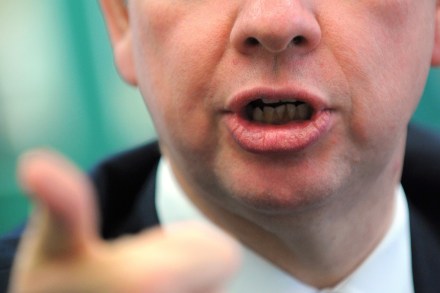Fatal impact theory
As schools are for education, so universities are for higher education. In a civilised society, children should leave school literate, numerate and with some knowledge of science, history and culture. But society also needs an elite educated to a higher level. Universities are for the preparation of the next generation of doctors, United Nations interpreters, lawyers, structural engineers, archaeologists, nuclear-weapon designers, literary critics, astronomers, economists and so forth. That’s the short answer. The long answer would require a great deal more than is found in Stefan Collini’s brisk and very witty book. It would need to range far and wide both historically and geographically, to tell us about the centrality


